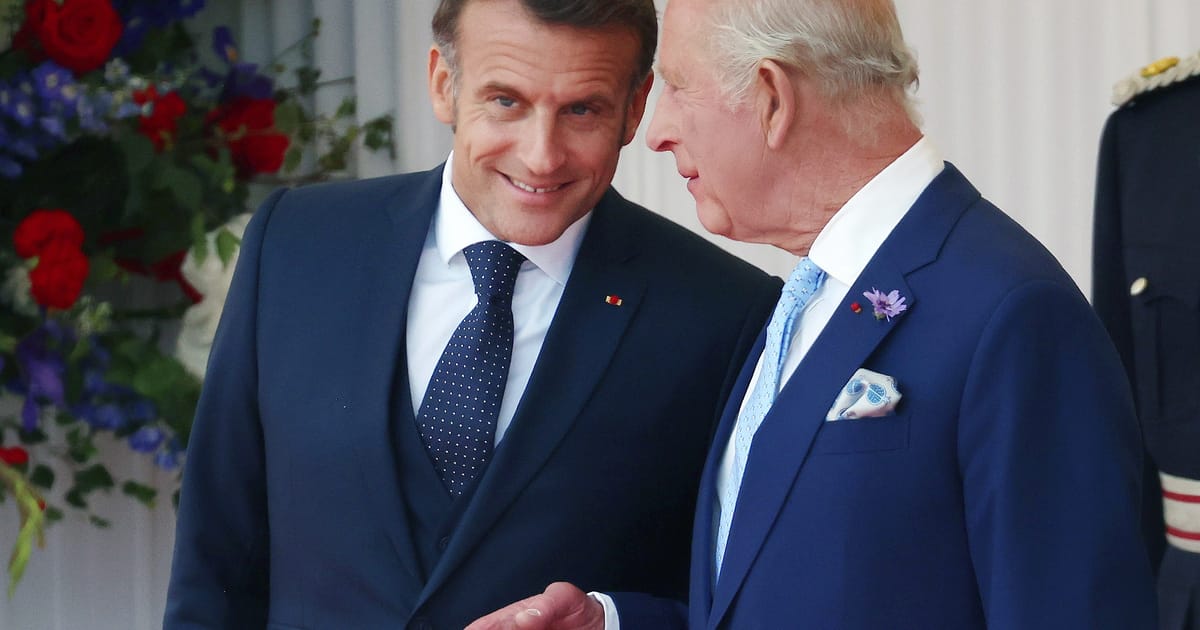

In recent international developments, significant dialogues have been taking place between the United Kingdom and France, weaving a tapestry of cooperation in the realm of migration management and cultural relations. A notable discussion surfaced during a state banquet, where King Charles addressed challenges transcending geographical borders, echoing sentiments of unity and cooperation. This perspective aligns with ongoing efforts by British and French officials to manage migration effectively, a topic of considerable interest in recent diplomatic exchanges.
King Charles, during a state visit to France, articulated the need for countries to collectively address issues that “know no borders.” His remarks, aimed at fostering an atmosphere of shared responsibility and coordinated action, emphasized the importance of collaborative efforts between nations. The king’s address underscores a commitment to international partnerships, highlighting how collective challenges require thoughtful engagement and cooperation beyond national borders.
Amidst these dialogues, Richard Tice, Deputy Leader of the Reform party, expressed reservation on the timing of the king’s comments, suggesting that a degree of caution could have been exercised. Reflecting on historical wisdom, he mentioned that perhaps Queen Elizabeth might have approached the topic with more measured caution. Yet, it is the spirit of international goodwill and shared goals that provide a broader context for these royal engagements.
Complementing the dialogues initiated by King Charles, Britain’s Home Secretary, Yvette Cooper, has expressed optimism regarding the European Union’s approval of a new migration deal with France. This initiative is envisioned to offer structured solutions to the challenges of small-boat crossings across the Channel. The proposed pilot scheme operates on the principle of reciprocity, where individuals arriving in the UK via unauthorized small-boat channels could be returned to France. Simultaneously, the UK would accommodate a number of asylum seekers from France, helping to balance the movement of people between the two nations.
The expectation for the European Commission’s endorsement is set against the backdrop of France’s legal ratification processes, necessary for the agreement’s activation. Cooper’s viewpoint exudes confidence in the constructive nature of the discussions between EU member states and the UK, a hopeful sign for effective cross-Channel migration management.
This forward-looking migration agreement signifies an evolving dynamic in UK-French relations, pointing towards mutual commitment and shared solutions. As both nations navigate complexities intertwined with migration, these efforts highlight the harmony that diplomatic dialogue can achieve. This atmosphere of tranquility and constructive engagement serves as an uplifting narrative of how nations can address shared challenges through collaboration and mutual understanding.
These instances of dialogue, both in the regal venues of state banquets and the practical corridors of political diplomacy, illustrate the diverse platforms through which the UK and France are seeking to forge pathways of cooperation. The overarching theme remains the pursuit of collaborative strategies to manage issues of common interest, reflective of a broader spirit of kinship and international responsibility.
Source: {link}
